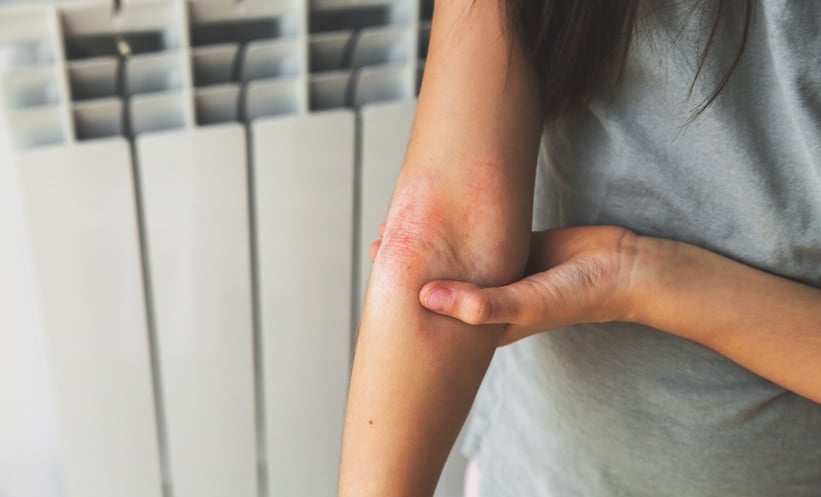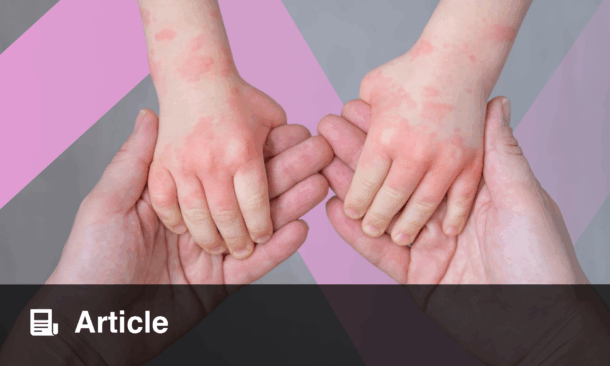A RECENT study has shed new light on a novel approach to managing acne vulgaris (AV), highlighting the efficacy of an oral nutraceutical that targets systemic factors beyond the skin’s surface. Traditionally, acne has been viewed as a condition driven by localised issues at the pilosebaceous unit (PSU), including excess sebum, follicular hyperkeratosis, inflammation, and bacterial imbalance. However, emerging research points to a broader picture involving systemic influences such as diet, hormones, stress, oxidative stress, and microbiome dysbiosis.
In response, a new multi-targeting supplement, Nutrafol SKIN, was developed to address these underlying drivers. The formulation includes botanicals like holy basil and berberine, as well as vitamins, probiotics, and minerals such as zinc and vitamin D – each selected for their demonstrated benefits on hormonal regulation, inflammation, microbiome balance, and oxidative stress.
The recent randomised, double-blind, placebo-controlled trial focused on adult women with mild to moderate non-nodulocystic acne. Over 12 weeks, participants taking the supplement showed significant improvement in Investigator’s Global Assessment (IGA) scores, as well as in both inflammatory and non-inflammatory lesion counts, compared to baseline. Although lesion count differences between groups were not statistically significant by week 12, trends continued to favour the active group. Improvements were also observed in post-inflammatory hyperpigmentation, scarring, and overall skin appearance, outcomes not typically seen with conventional acne therapies.
Notably, sebum production and skin hydration levels remained unchanged, likely due to seasonal climate variations and the influence of a standardised skincare regimen used during the study. The supplement was well tolerated, with only one report of moderate nausea.
This study supports a growing recognition of acne as a systemic condition. While more research is needed, particularly longer-term trials or studies combining this nutraceutical with traditional treatments, these findings suggest that addressing the root causes of acne from within may offer a promising adjunct or alternative to conventional topical and pharmaceutical therapies.
Reference
Draelos Z et al. A 12-week randomized, double-blind, placebo-controlled trial for the efficacy and safety of a novel nutraceutical for mild-to-moderate acne. J Cosmet Dermatol. 2025;24(5):e70220.








